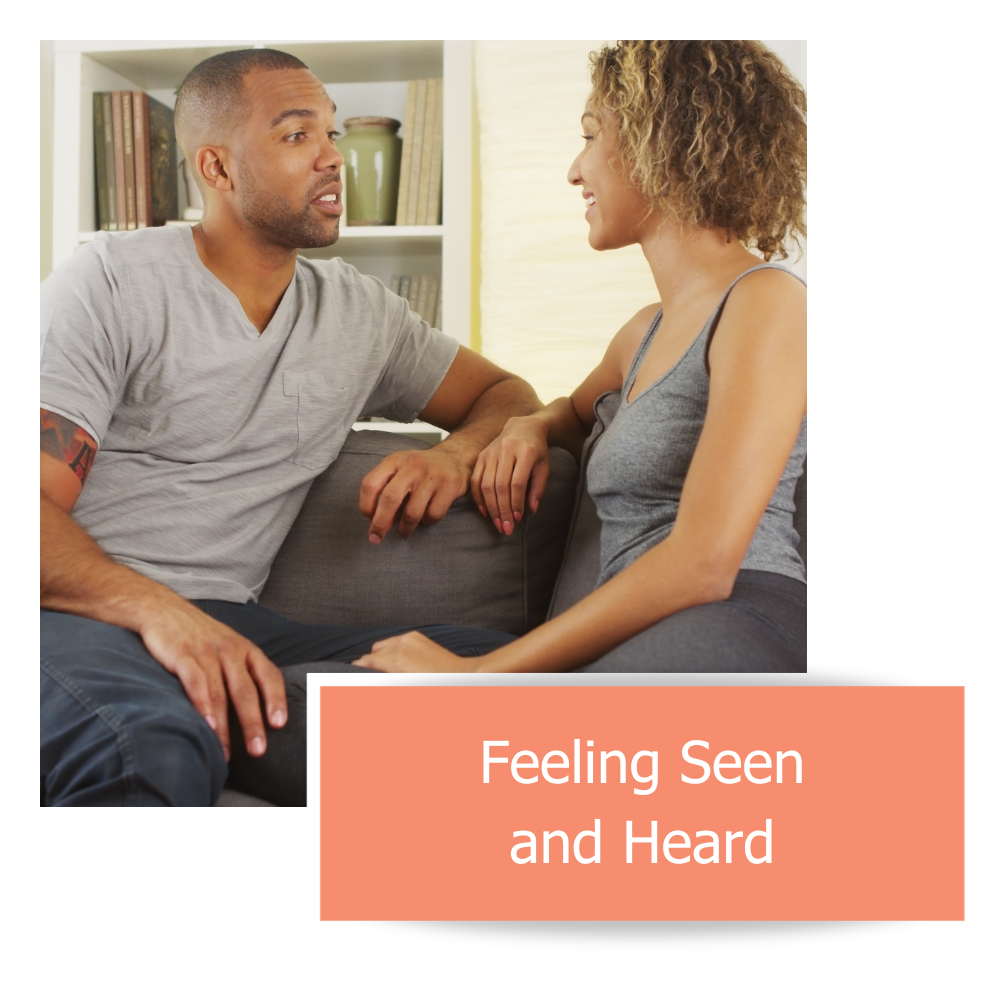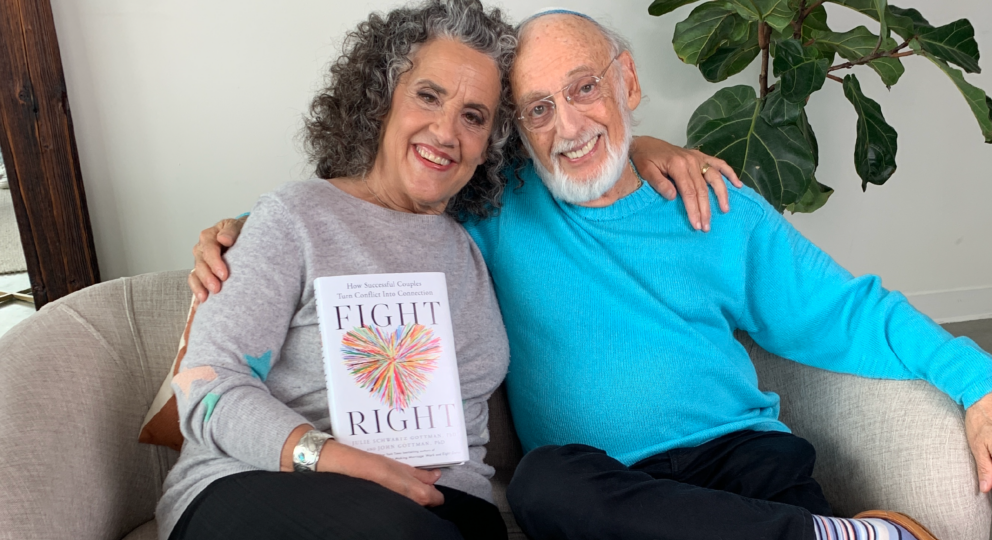In an interview, Dr. John Gottman was once asked what to do about “insatiable jealousy” in relationships.
His response hit on something really profound for me.
I believe that every person has areas of enduring vulnerability. For a marriage to succeed, these vulnerabilities need to be understood and honored.
This flips jealousy on its head. Instead of something to avoid in relationships, jealousy becomes an opportunity to connect. In her book “Daring Greatly” Brene Brown writes, “Vulnerability is the birthplace of love, belonging, joy, courage, empathy, and creativity. It is the source of hope, empathy, accountability, and authenticity.”
When you understand why you get jealous, you can manage it in a way that is compassionate and constructive. Recognizing and embracing your partner’s enduring vulnerabilities, as well as your own, will strengthen your relationship.
Understand your triggers
Jealousy in a relationship can be more about your own vulnerabilities than about your partner’s actions. For instance, you may be prone to jealousy if you’ve had painful experiences in your past. It’s important to talk to your partner about these experiences so you can be mindful of each other’s triggers and respect them.
Jealousy may be driven by low self-esteem or a poor self-image. If you don’t feel attractive and confident, it can be hard to truly believe that your partner loves and values you. Other times, jealousy can be caused by unrealistic expectations about the relationship. It’s not healthy for partners to spend 100% of their time together. In the words of Kahlil Gibran, “you need spaces in your togetherness to sustain your bond.”
Remember that feelings aren’t facts. Are you imagining things that aren’t really there? I encourage my clients to ask themselves, “Is that so?” Is it really happening? If the answer is no, let go of the negative thoughts. Acknowledge them before consciously dismissing them.
What does jealousy look like?
Feelings of jealousy can become problematic if they affect your behavior and your feelings toward the relationship as a whole. Here are some signs of unhealthy jealous behaviors.
- Checking your spouse’s phone or email without permission
- Insulting your spouse
- Assuming that your spouse is not attracted to you
- Grilling your spouse on their whereabouts throughout the day
- Accusing your spouse of lying without evidence
If you recognize any of these behaviors in your relationship, seek to understand the vulnerabilities beneath. If you need a little extra help doing this, I recommend working under the guidance of a Gottman-trained therapist.
Use jealousy for good
Jealousy in a relationship can also be a very real and reasonable reaction to your partner’s actions. Remember that in a good enough relationship, people still have high expectations for how they’re treated. They expect to be treated with kindness, love, affection, and respect. They expect their partner to be loyal and honest.
If the answer to the question “Is that so?” is yes, then it’s important to tell your partner how you feel before your jealousy turns into resentment. When you bring it up, stick to “I” statements and avoid saying things like “you always” or “you never.” Talk about your feelings about the specific situation and avoid blanket statements about your partner’s character. Say what you need, not what you don’t need.
For example, “I feel anxious when I don’t know where you are or who you’re with when you’re out. I need you to text me and let me know.”
The more you talk, the healthier your relationship will be. These are all areas that you should talk about before coming to your own conclusions.
- Is there a specific relationship that is making you uncomfortable?
- Are you finding that you are being stonewalled?
- Has your partner’s behavior has recently changed?
You and your partner should be open and upfront with each other about friendships and work relationships. Transparency will help you feel more secure. If you’re not sure about boundaries, a good rule is to ask yourself, “How would I feel if I heard my partner having this kind of conversation with someone else?” If that would hurt, then a boundary is being crossed.
Show one another how much you value each other by putting your relationship before your work, your coworkers, and your friends. Every time you do this, you build trust.
By understanding what is driving your feelings and honoring each other’s endearing vulnerabilities, you can use jealousy for good.










